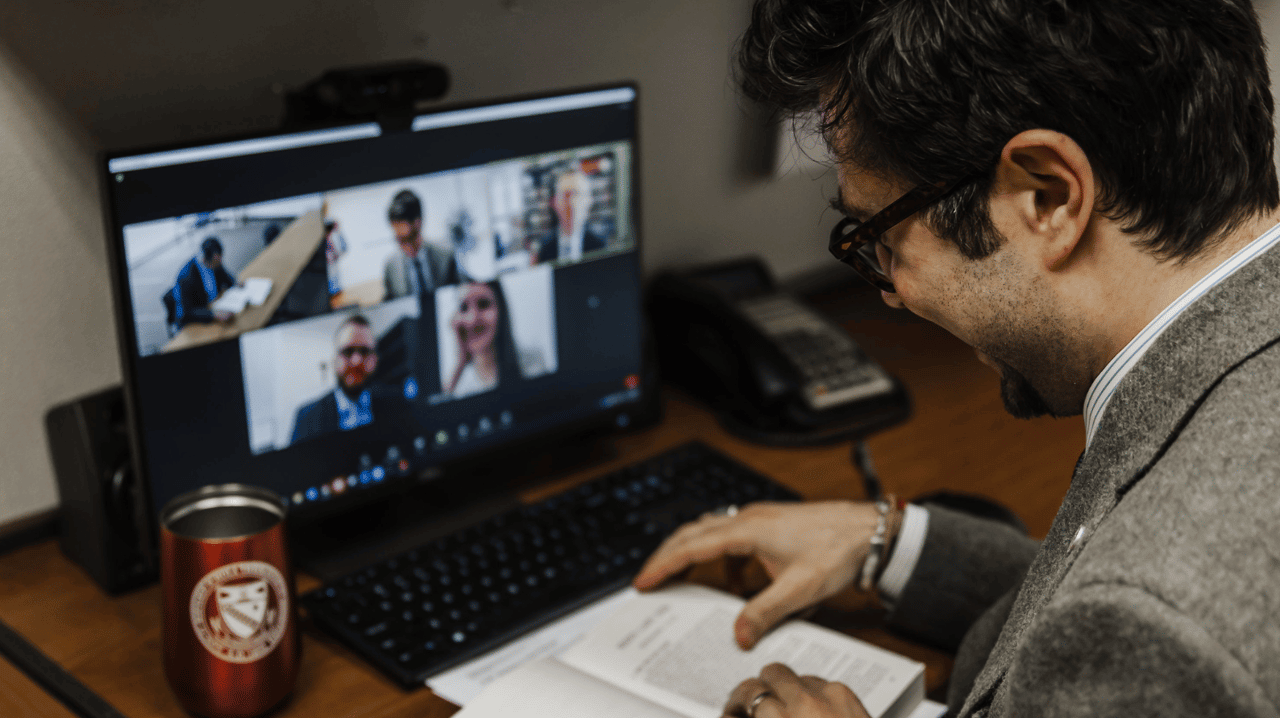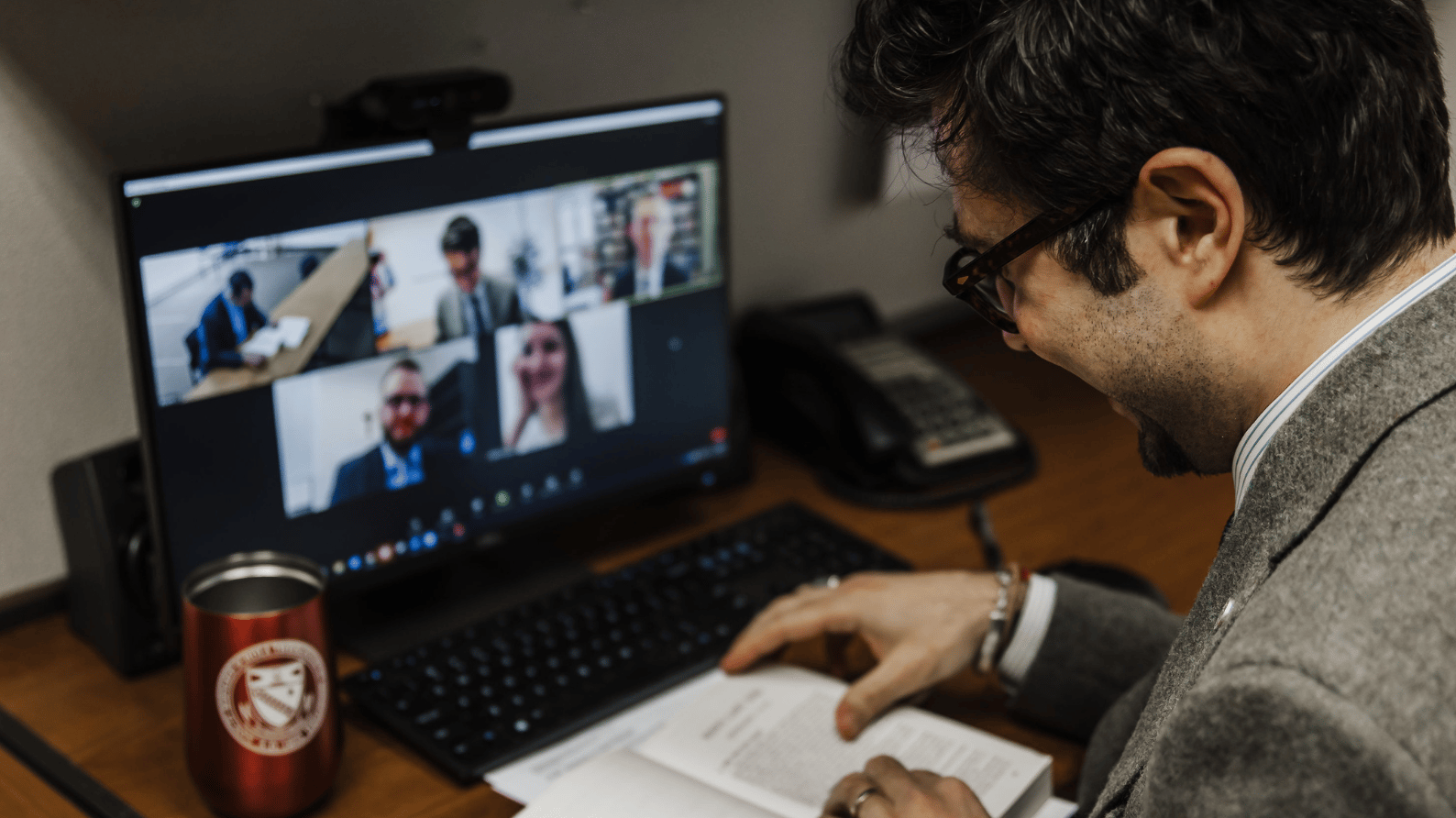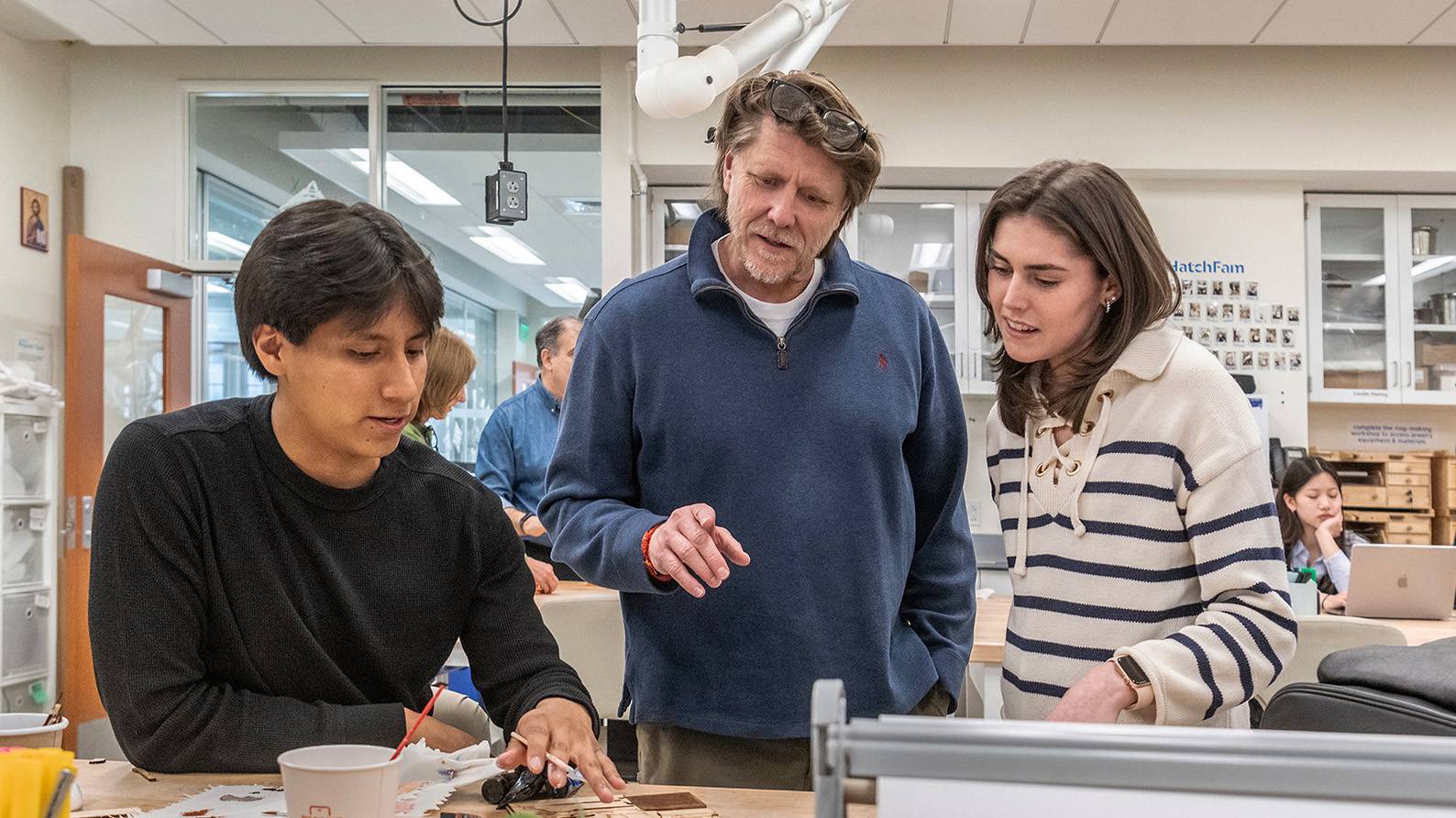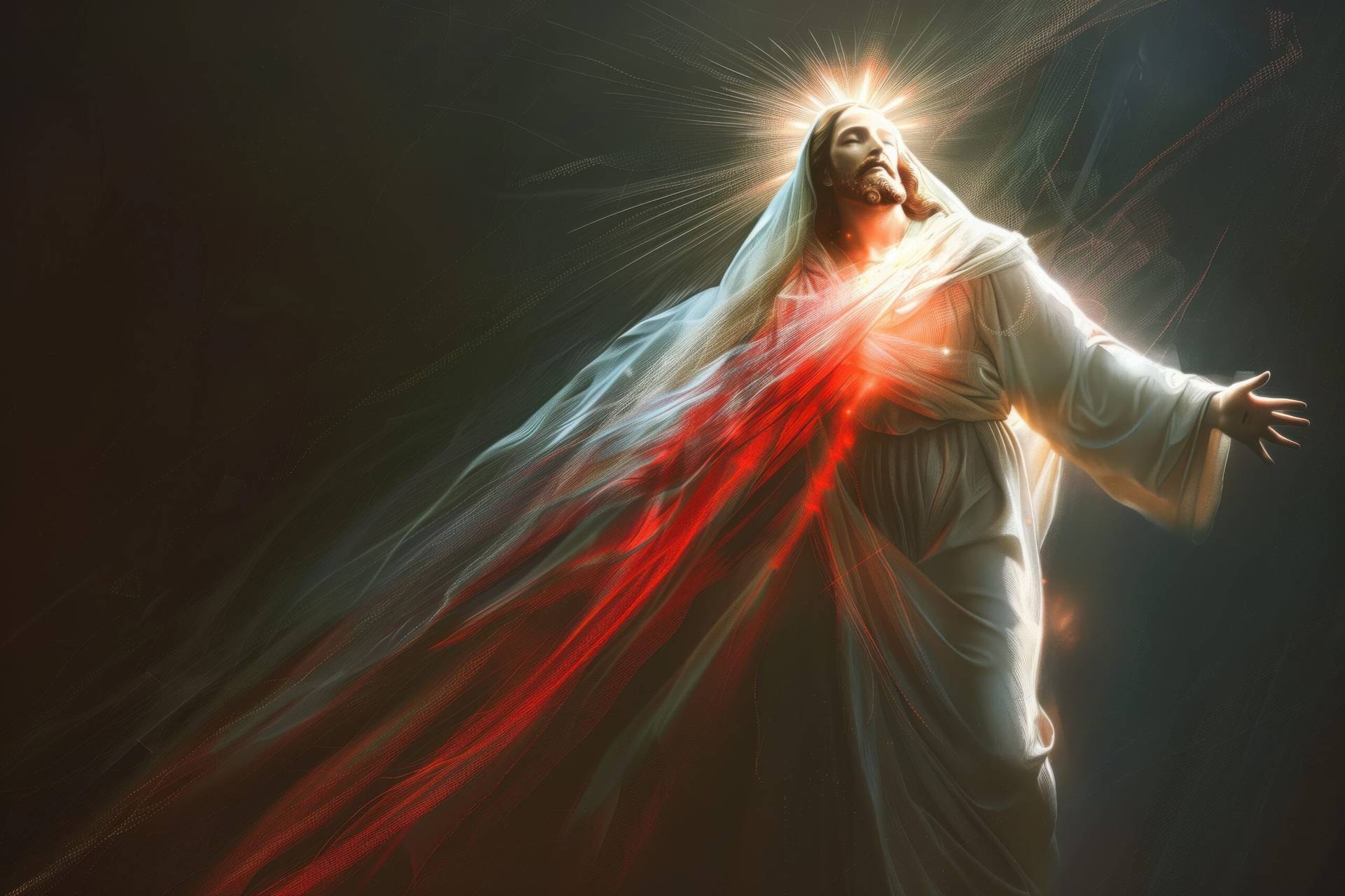In his farewell meeting with the organizers and volunteers of the recent World Youth Day in Krakow, Poland, Pope Francis told the young people present that they are the hope for the future, but with two conditions.
“Do you want to be the hope for the future or not?” he challenged them. Then he laid out
what it will take to do so. “The first condition is to remember.”
Pope Francis urged young people to know their origins, where they have come from. “Memory of the path I have taken, memory of everything I have received from those who have gone before me. A young person who cannot remember is no hope for the future. Is that clear?”
He told them to talk to their grandparents because “if you want to be hope for the future, you have to receive the torch from your grandfather and your grandmother.” The pope emphasized the power of memories in sharing one’s own witness to Christ.
To be hope for the future, we must know our past. To be hope for the future of the Church, we must know the rich tradition of her past, of all the communion of saints that have come before, the grandfathers and grandmothers in faith.
To be hope for the future of the Church in the world as an instrument of peace, we must know the history of that two-thousand-year struggle – again, the lives of the saints who have come before us.
If this first condition is to be fulfilled, young people today need to take on a conscious and deliberate study of their Catholic faith and the history of the Church. They need to have it witnessed to them through the lives of the saints, the personal memories of the Body of Christ.
If the pope’s words are heeded, we should see an increase in young people pursuing degrees in Catholic theology, both majors and minors. Pope Francis’ challenge to youth is not simply to learn an academic discipline, but rather to have their identity in Christ permeate their studies, their vocations, and their careers.
In urging them to know who they are and where they come from, he is ultimately pointing them to God the Father.
Of course, to pursue a degree in theology (or any of the liberal arts, for that matter), is considered impractical by the world. “What are you going to do with that?” is the perennial question. Here is where the pope’s second condition is required. He tells the youth to “have courage, be strong, don’t be afraid.”
The courage needed is not the courage to endure the mocking brought on by an unpopular choice of college major. It is the courage to envision the world differently, to see it as God sees it, and to care for it as God would have us do. It is the courage that is the Gift of the Holy Spirit.
The study of theology is the means of formation into this worldview, the perspective that enables the doctor or nurse or lawyer or teacher or business owner to engage in their careers with an eye toward the kingdom of God, not wealth and power.
Regardless of career choice, a solid foundation in the Catholic faith and Church history is indispensable if our youth are to be the hope for the future. Saint Joseph’s College online Theology programs provide just that. The Bachelor of Arts in Theological Studies deepens and strengthens personal faith, while teaching skills applicable to a variety of Church ministries.
A Fast-Track option is available to those students who plan to continue on to the Master’s degree. Catholic Theology is also offered as a minor within the Interdisciplinary Studies major, and as a certificate to supplement a degree in another subject.
It is never too late to regain a youthful enthusiasm. A generous college credit transfer policy(up to 95 credits) makes Saint Joseph’s College the perfect choice for the busy working professional who has accumulated college credits in years past and wishes to apply them toward completing a bachelor’s degree.
Our hope for the future is in our youth, but only if they are in Christ – if they remember Him and have the courage to be like Him.













